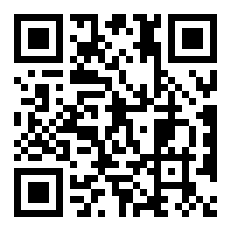CHALLENGES TO THE ‘COMMITTEE SYSTEM’ UNDER THE NIGERIAN PRESIDENTIAL AND BRITISH PARLIAMENTARY CONSTITUTIONS
Keywords:
Good governance, committee-system, democracy, legislative, parliamentary system, presidential system, Good governance, committee system, democracy, legislature, parliamentary system, presidential systemAbstract
The committee system is an essential feature of modern legislatures, designed to manage complex law-making processes, facilitate oversight, and ensure the efficient performance of parliamentary functions. However, the effectiveness of committees varies significantly depending on the system of government in which they operate. This paper undertakes a comparative analysis of the challenges confronting the committee system under presidential and parliamentary constitutions of Nigeria and the United Kingdom, respectively. It is against this backdrop that the authors argued that institutional design, party discipline, executive-legislative relations, and political culture impact the autonomy, capacity, and effectiveness of legislative committees in each system. Furthermore, the presidential systems tend to allow for more committee independence due to a formal separation of powers, which often suffer from gridlock, partisanship, and executive interference, unlike parliamentary systems which benefits from greater party cohesion and legislative-executive alignment, notwithstanding its potential to experience excessive executive dominance and weakened committee autonomy. The authors maintained the inherent structural and functional challenges such as limited resources, weak enforcement of recommendations, politicisation of committee leadership, and lack of transparency. Drawing from comparative constitutional and legislative practices, the paper concluded that effective reform must be context-specific, aimed at strengthening institutional capacity, enhancing procedural rules, and ensuring greater public engagement in committee processes.
Downloads
Published
How to Cite
Issue
Section
License

This work is licensed under a Creative Commons Attribution-NonCommercial 4.0 International License.
The author reserves the licence with little restrictions.https://kblsp.org,Ng/licence.









